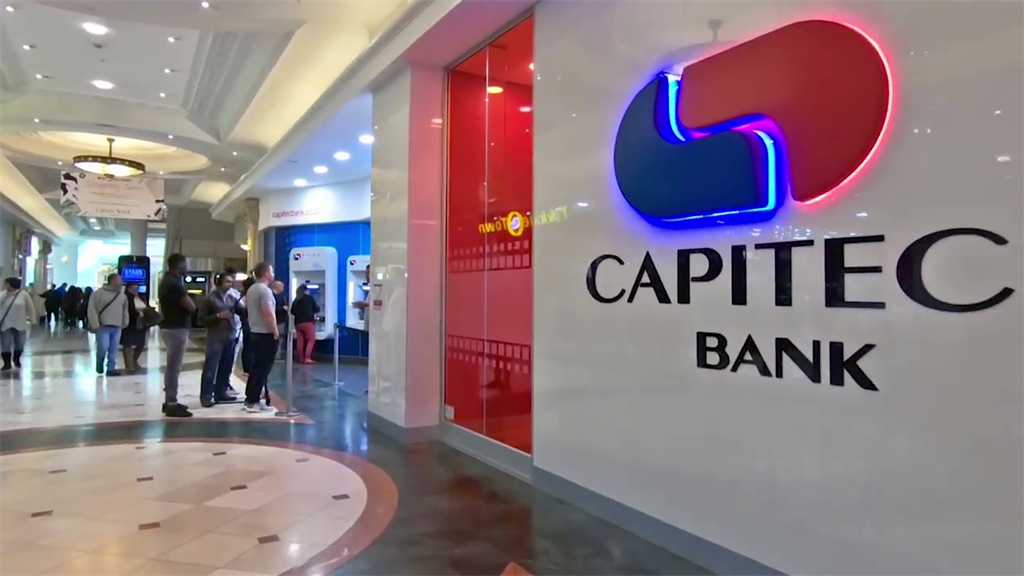
- Capitec released its interim results for the six months ended on 31 August on Wednesday.
- The bank's gross credit impairment charge for the six months was R6.3 billion, with R4.2 billion of that directly attributed to the lockdown.
- Capitec says low-income earners have borne the brunt of salary cuts and job losses under the ongoing lockdown.
Capitec has reported a 78% fall in headline earnings after it lost out on transaction fees and loan sales during the lockdown as its customers borrowed and transacted less.
South Africa's largest bank by customer numbers, Capitec is highly exposed to the low-income segment of the population that suffered the most from job losses during the ongoing lockdown.
Capitec said the lockdown negatively affected all areas of its business for the six months ended on 31 August, save for active client numbers which grew by 6% from 13.9 million at the end of February 2020 to 14.7 million at the end of August 2020.
Capitec's operating profit before tax decreased by 86% to R538 million, from R3.83 billion August 2019. Its headline earnings tanked to R650 million, a decrease of 78% from R2.9 billion in the first six months of 2019. The bank chose to preserve cash and not declare an interim ordinary dividend.
Capitec clients severely affected
Capitec CEO Gerrie Fourie told investors during the bank's results presentation on Wednesday morning that the lower-income segment which it predominantly serves, especially those earning less than R7 000 per month, were "much more severely affected" by the lockdown.
"For people earning R20 000+ a month, we are basically at the same levels [of income] as before. But we've seen a strong reduction in overtime and bonuses. Basically, everything has been stopped," said Fourie.
He said some of the bank's SME clients cut salaries by as much as 80% in the early months of the lockdown. Contract workers were also severely impacted as SMEs cut their costs.
"I think that is why we are seeing a big driver in the 2 million people that have lost their jobs in the last six months," added Fourie.
Surge in bad debt provision
Capitec said by the time that Covid-19 hit SA shores, it had already tightened its lending criteria. It cut back on credit grant by approximately 20%, said Fourie.
But because it had to grant relief to clients affected by the lockdown, its gross credit impairment for the six months amounted to R6.3 billion. The bank said that the lockdown contributed R4.2 billion to this. The provision also included R1.1 billion for expected losses beyond the six months ended in August.
In absolute value, Capitec's impairment charge looks smaller than that of the big four banks – Absa booked a credit impairment charge of to R14.7 billion, Standard Bank's amounted to R11.3 billion, Nedbank's grew to R7.67 billion while FirstRand was forced to increase its credit provision by 199% to R15.2 billion.
However, these banks have far bigger loan books than Capitec which does not offer secured credit products like home loans and vehicle finance. Fourie said the bank's larger provision was due to the bank choosing to err on the side of caution.
"What is very important is that from a Covid perspective, we've taken provisions upfront to the best of our ability to make sure that we are covered. We should see a normal performance going forward. But I think everyone is still worried about what is going to happen in September, October and November," said Fourie.
